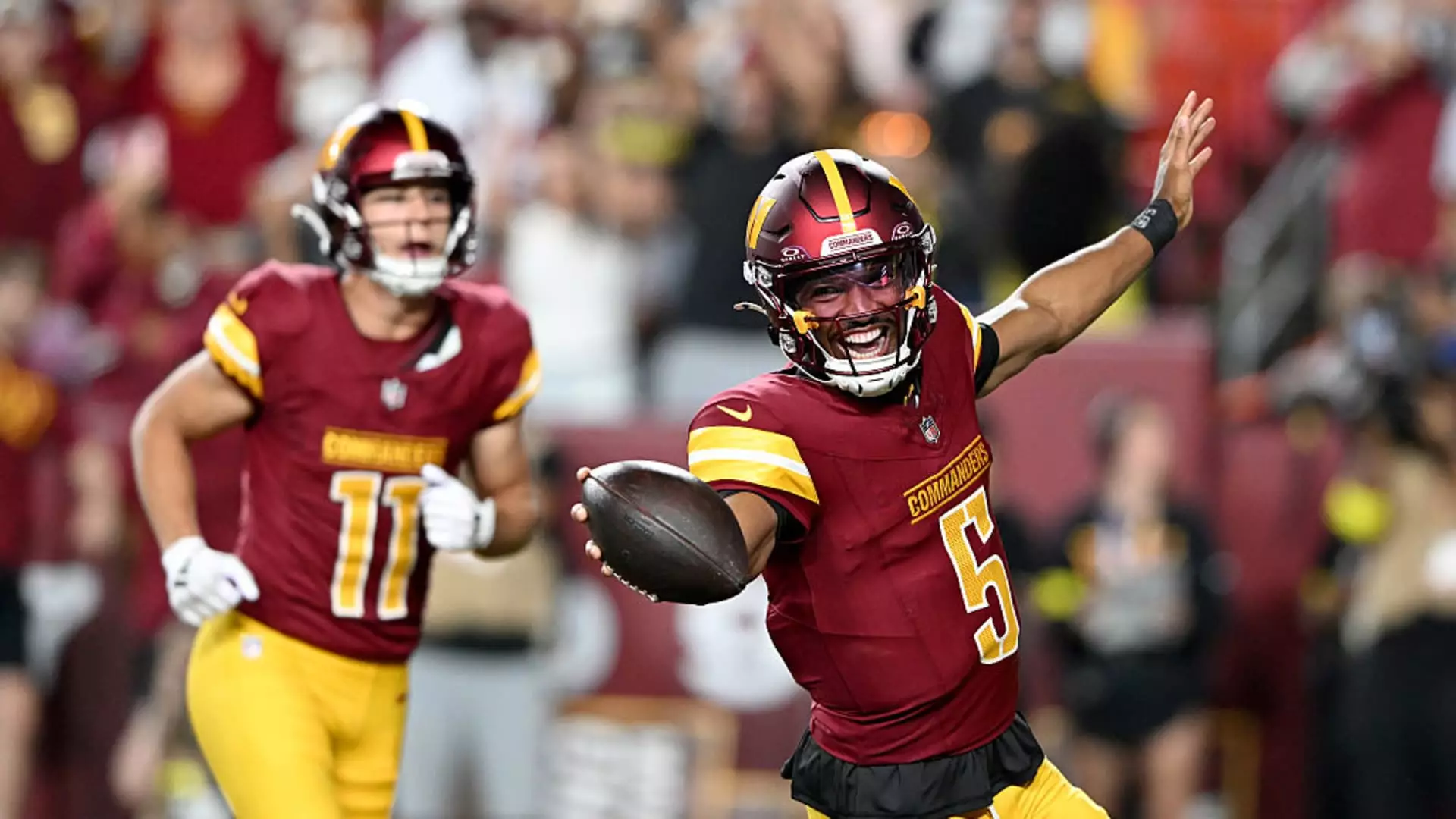Robinhood’s recent rollout of football prediction markets may seem like an innovative addition to its platform, but this move masks a more concerning agenda: transforming our cultural passion for sports into a commodified spectacle of financial speculation. By integrating NFL and college football games into their trading ecosystem, Robinhood blurs the line between entertainment and gambling, enticing casual fans to treat game outcomes as financial opportunities. What appears to be a user-friendly feature carries the dangerous implication of normalizing financial wagering in spaces traditionally reserved for community, rivalry, and shared identity. In doing so, the company risks eroding the intrinsic social value of sports, reducing them to mere vehicles for profit and high-stakes betting.
The Erosion of Ethical Boundaries
This expansion into prediction markets signals a troubling shift in Robinhood’s core mission. Originally celebrated as an accessible platform for individual investors, Robinhood now aggressively infiltrates the sports betting realm, an industry often criticized for its exploitative tactics and social harms. Robinhood’s assertion that these markets differ from conventional sports betting—by facilitating peer-to-peer trading rather than direct bookmaker involvement—does little to mitigate concerns about addiction and financial loss. When everyday people engage in trading contracts based on game outcomes, they’re participating in a form of gambling that incentivizes impulsive decision-making and can trap vulnerable individuals in cycles of debt. The apparent convenience and liquidity offered by Robinhood only amplify these risks, turning everyday sports fandom into a potentially hazardous financial adventure.
A Center-Left Perspective: Risks to Society and Personal Well-Being
From a center-wing liberal standpoint, Robinhood’s emphasis on sports prediction markets underscores a broader societal issue: the commodification of leisure activities at the expense of social cohesion and individual well-being. Sports have historically served as unifying cultural phenomena—spaces for collective identity and community building. Turning games into financial opportunities places profits ahead of the social and emotional value of sports. Moreover, the focus on boosting user engagement and expanding trading could exacerbate financial addiction, disproportionately impacting economically vulnerable populations who may be tempted to chase unlikely wins. As Robinhood continues to push these boundaries, it becomes increasingly clear that their pursuit of growth and shareholder value conflicts with the broader social responsibility to protect consumers from exploitative practices.
The Underlying Motivations and Future Implications
Robinhood’s aggressive expansion into prediction markets reveals its strategic aim to dominate new speculative domains, with sports betting acting as the latest frontier. The company appears to view civic passions as business opportunities, transforming culturally significant activities into revenue streams. This trend raises serious questions about the ethical boundaries of tech-driven financial platforms. Without proper regulation and oversight, Robinhood’s blend of social and financial ventures risks normalizing gambling behaviors within society, fostering environments where financial risks are disguised as harmless entertainment. As these markets grow more sophisticated and ingrained, they threaten to violate the social fabrics that make sports meaningful, replacing shared human experience with transactional exchanges that prioritize profit over integrity.


Leave a Reply